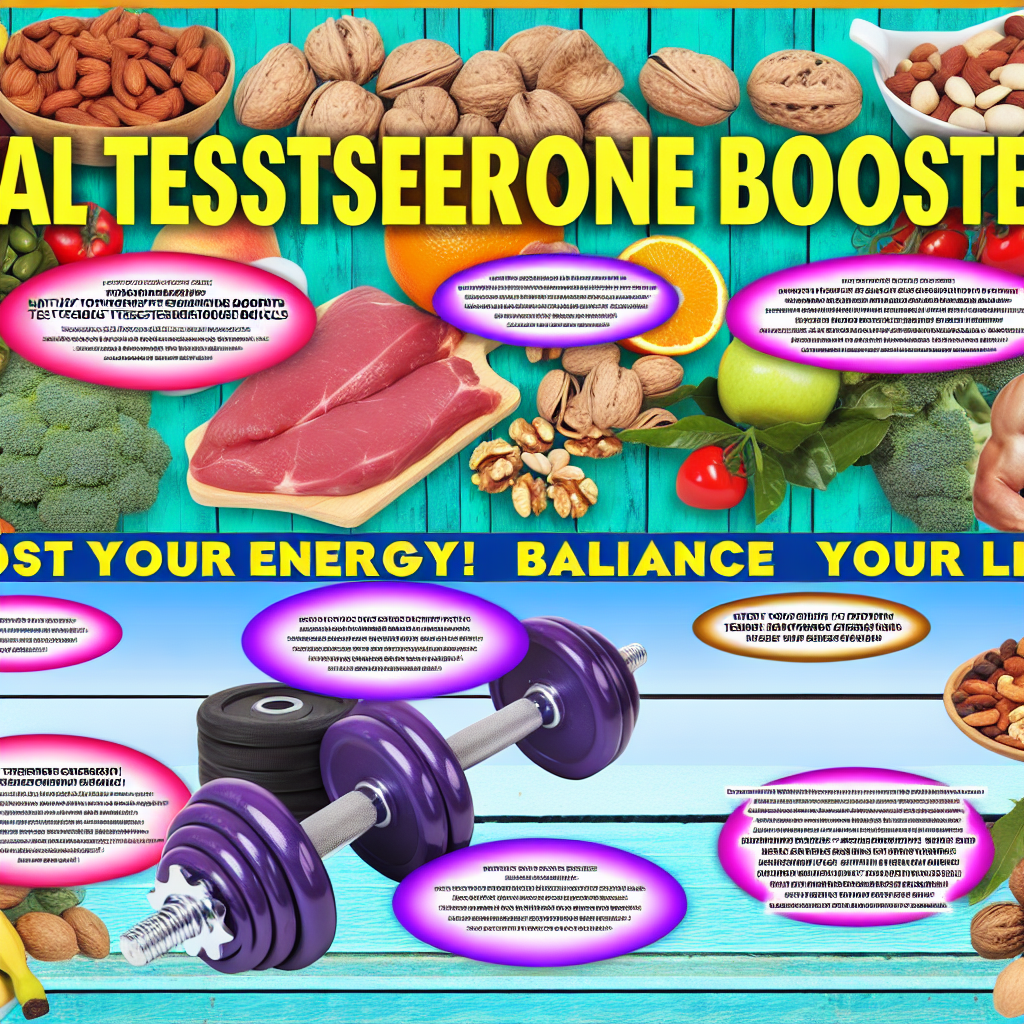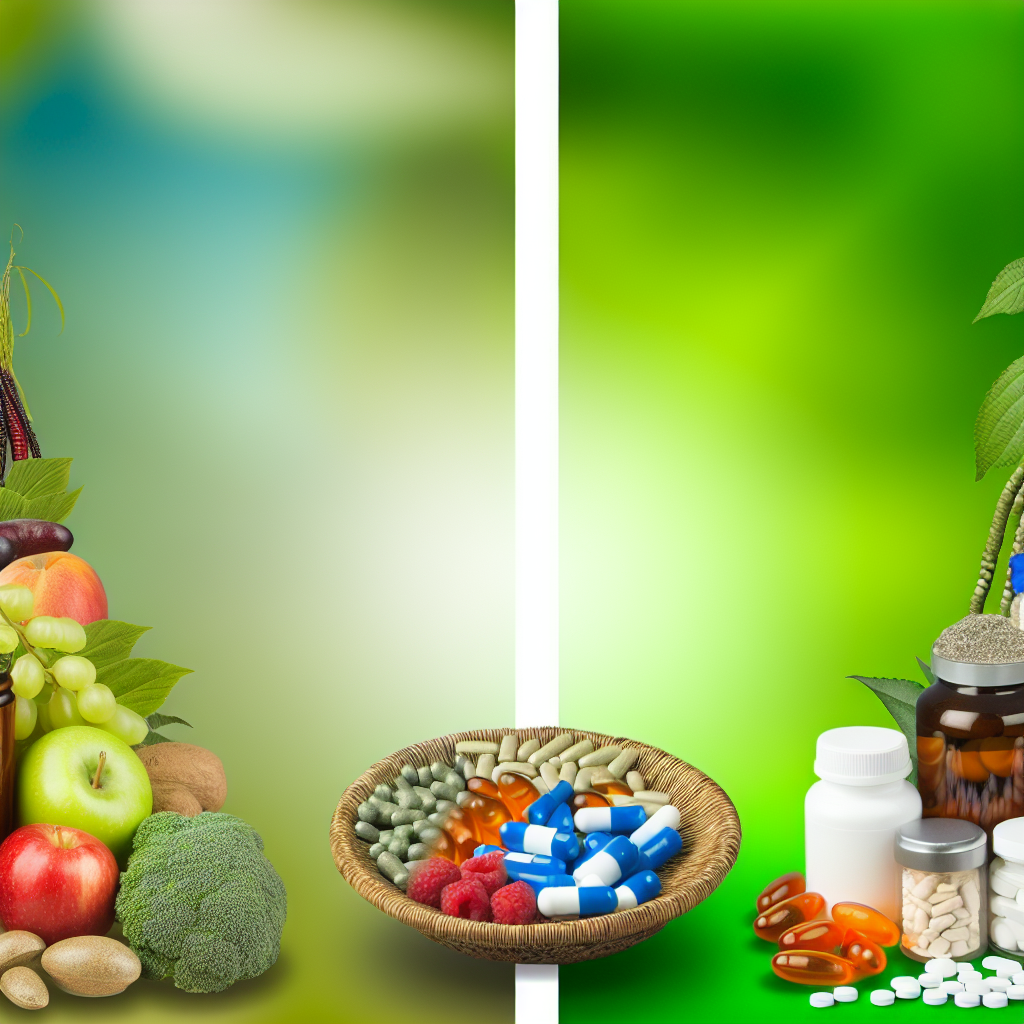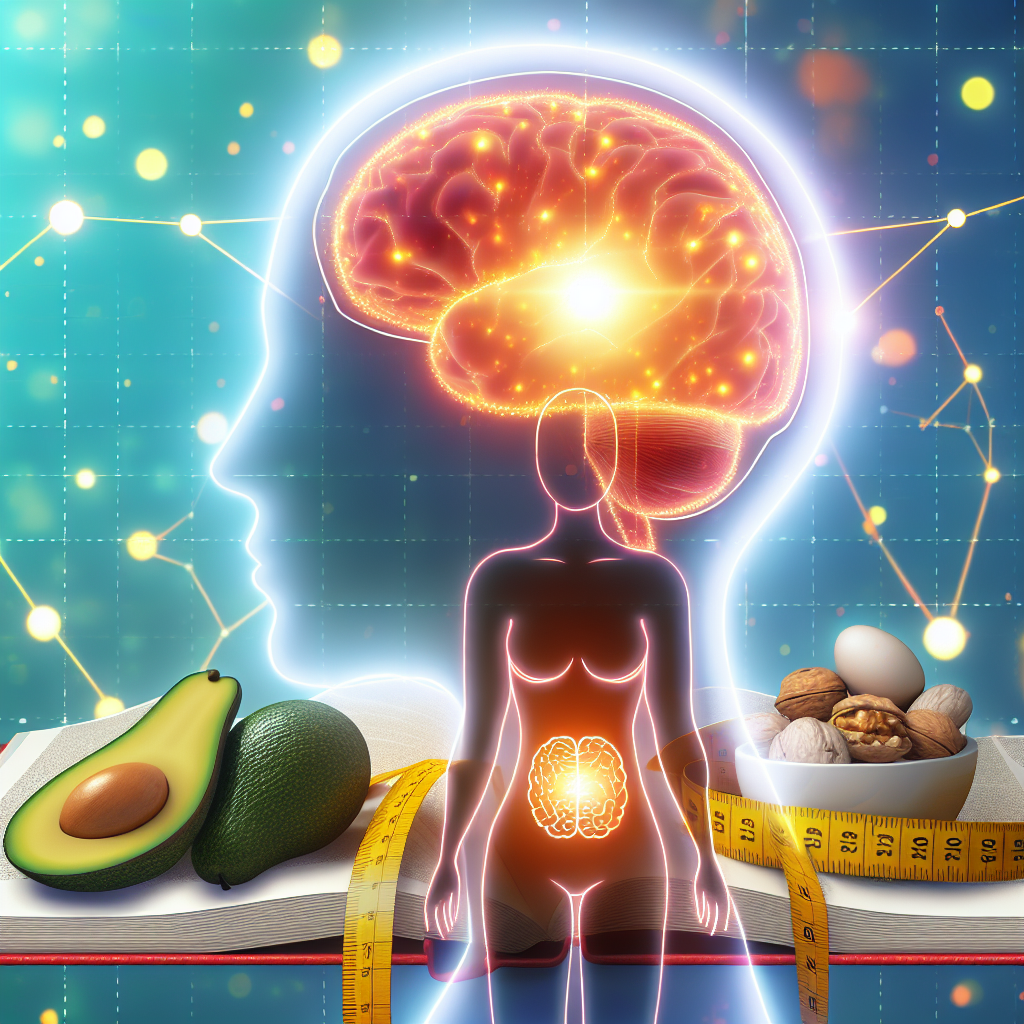Natural Testosterone Boosters: Evidence Review
Introduction
Testosterone is the primary male sex hormone, playing a crucial role in muscle development, bone density, fat metabolism, mood regulation, and overall vitality. As men age, testosterone levels naturally decline, often leading to fatigue, decreased muscle mass, low libido, and potential cognitive issues. Additionally, modern lifestyle factors such as stress, poor diet, and lack of exercise can further contribute to suboptimal testosterone levels.
With concerns over low testosterone (“Low T”) on the rise, many men seek natural ways to boost their testosterone levels without resorting to synthetic hormone replacement therapy (HRT). While pharmaceutical interventions are available, they may come with side effects, including testicular shrinkage, fertility issues, and cardiovascular risks. As a result, natural testosterone boosters—ranging from dietary changes to herbal supplements and lifestyle modifications—have gained popularity.
Several natural compounds and strategies have been scientifically studied for their potential to enhance testosterone levels. Nutrients like zinc, magnesium, and vitamin D have been shown to play a vital role in the body’s ability to produce testosterone. Herbs such as ashwagandha, fenugreek, and Tongkat Ali have also been extensively researched for their hormone-boosting capabilities. Additionally, certain lifestyle adjustments, including strength training, quality sleep, and stress management, may have a significant impact on maintaining optimal testosterone levels.
Understanding the science behind natural testosterone boosters is essential for men of all ages, from teenagers seeking peak athletic performance to middle-aged adults managing declining levels and even elderly men aiming to preserve their vitality. This article reviews the most credible evidence supporting natural testosterone boosters, highlighting the most effective methods for enhancing this vital hormone.
The Science Behind Natural Testosterone Boosters
Boost Testosterone Naturally with Vitamin D
Vitamin D serves as a crucial hormone-like vitamin involved in numerous bodily functions, including testosterone production. A 2011 study published in *Hormone and Metabolic Research* found that men with sufficient vitamin D levels had significantly higher testosterone compared to those who were deficient. The same study also found that supplementing with vitamin D for a year increased testosterone levels in deficient men [(Pilz et al., 2011)](https://www.thieme-connect.de/products/ejournals/abstract/10.1055/s-0030-1269854).
Powerful Minerals: Zinc and Magnesium for Testosterone Support
Zinc is an essential mineral that plays a direct role in testosterone production. A study in *Nutrition* found that young men who restricted dietary zinc intake experienced significant testosterone declines. Conversely, zinc supplementation increased testosterone levels in zinc-deficient men [(Prasad et al., 1996)](https://pubmed.ncbi.nlm.nih.gov/8875519/). Magnesium, another vital mineral, has been shown to increase free and total testosterone, particularly when combined with resistance training [(Cinar et al., 2011)](https://pubmed.ncbi.nlm.nih.gov/21121424/).
Ashwagandha: The Ancient Herb for Stress Relief & Testosterone
Ashwagandha, an adaptogenic herb, has been studied for its ability to reduce stress and lower cortisol levels. Since cortisol is a hormone that suppresses testosterone, lowering stress can have a positive effect on testosterone production. A clinical trial published in *The Journal of the International Society of Sports Nutrition* found that men who took 600 mg of ashwagandha daily for 8 weeks saw a significant increase in testosterone and muscle strength compared to the placebo group [(Wankhede et al., 2015)](https://jissn.biomedcentral.com/articles/10.1186/s12970-015-0104-9).
Fenugreek: A Natural Boost for Testosterone & Libido
Fenugreek, a popular herbal supplement, has been shown to support testosterone production and improve libido. A 2010 study published in *Phytotherapy Research* found that men taking fenugreek extract experienced increases in free testosterone and improvements in sexual function compared to a placebo [(Rao et al., 2010)](https://pubmed.ncbi.nlm.nih.gov/19781691/).
Tongkat Ali: The Powerful Herb for Hormonal Balance
Tongkat Ali, an herb native to Southeast Asia, has been shown to improve testosterone levels in men dealing with stress and aging-related declines. A study published in *Evidence-Based Complementary and Alternative Medicine* found that daily supplementation with Tongkat Ali significantly increased testosterone levels and reduced cortisol in stressed individuals [(Talbott et al., 2013)](https://www.ncbi.nlm.nih.gov/pmc/articles/PMC3669033/).
Exercise: The Natural Testosterone Booster You Need
Resistance training, particularly compound movements like squats and deadlifts, has been shown to stimulate testosterone production. A review in *Sports Medicine* concluded that high-intensity strength training is one of the most effective ways to naturally boost testosterone levels [(Kraemer & Ratamess, 2005)](https://pubmed.ncbi.nlm.nih.gov/15974632/).
Why Quality Sleep is Essential for Testosterone Levels
Poor sleep negatively impacts testosterone production. A study published in *JAMA* found that men who slept only 5 hours per night for a week experienced a significant drop in testosterone levels [(Leproult & Van Cauter, 2011)](https://jamanetwork.com/journals/jama/fullarticle/1104148). Ensuring 7-9 hours of quality sleep is a critical yet often overlooked method to naturally boost testosterone.
Conclusion: The Best Natural Strategies to Optimize Testosterone
The search for natural testosterone boosters has led to extensive scientific research validating certain nutrients, herbs, and lifestyle approaches as effective ways to enhance hormone levels. While synthetic alternatives exist, natural testosterone boosters provide a safer and often more sustainable method for men looking to optimize performance, energy levels, and overall well-being.
From key nutrients like zinc, vitamin D, and magnesium to herbs such as ashwagandha, fenugreek, and Tongkat Ali, multiple evidence-backed options are available. Resistance training, proper sleep, and stress management further complement these natural strategies to help maintain healthy testosterone levels.
Each individual’s body is unique, meaning results may vary. However, a combination of scientifically supported natural methods can support optimal testosterone production, benefiting men from their teenage years to their 90s. Before beginning any supplement regimen, consulting with a healthcare provider is always advisable to ensure safety and effectiveness tailored to personal health needs.
Summary:
This article provides an in-depth review of the scientific evidence behind various natural testosterone boosters, including key nutrients like vitamin D, zinc, and magnesium, as well as herbs like ashwagandha, fenugreek, and Tongkat Ali. It also highlights the importance of lifestyle factors such as resistance training, quality sleep, and stress management for maintaining optimal testosterone levels. The article emphasizes the safety and sustainability of natural testosterone boosters compared to synthetic hormone replacement therapy, making it a valuable resource for men of all ages looking to optimize their hormone health.

Dominic E. is a passionate filmmaker navigating the exciting intersection of art and science. By day, he delves into the complexities of the human body as a full-time medical writer, meticulously translating intricate medical concepts into accessible and engaging narratives. By night, he explores the boundless realm of cinematic storytelling, crafting narratives that evoke emotion and challenge perspectives. Film Student and Full-time Medical Writer for ContentVendor.com



